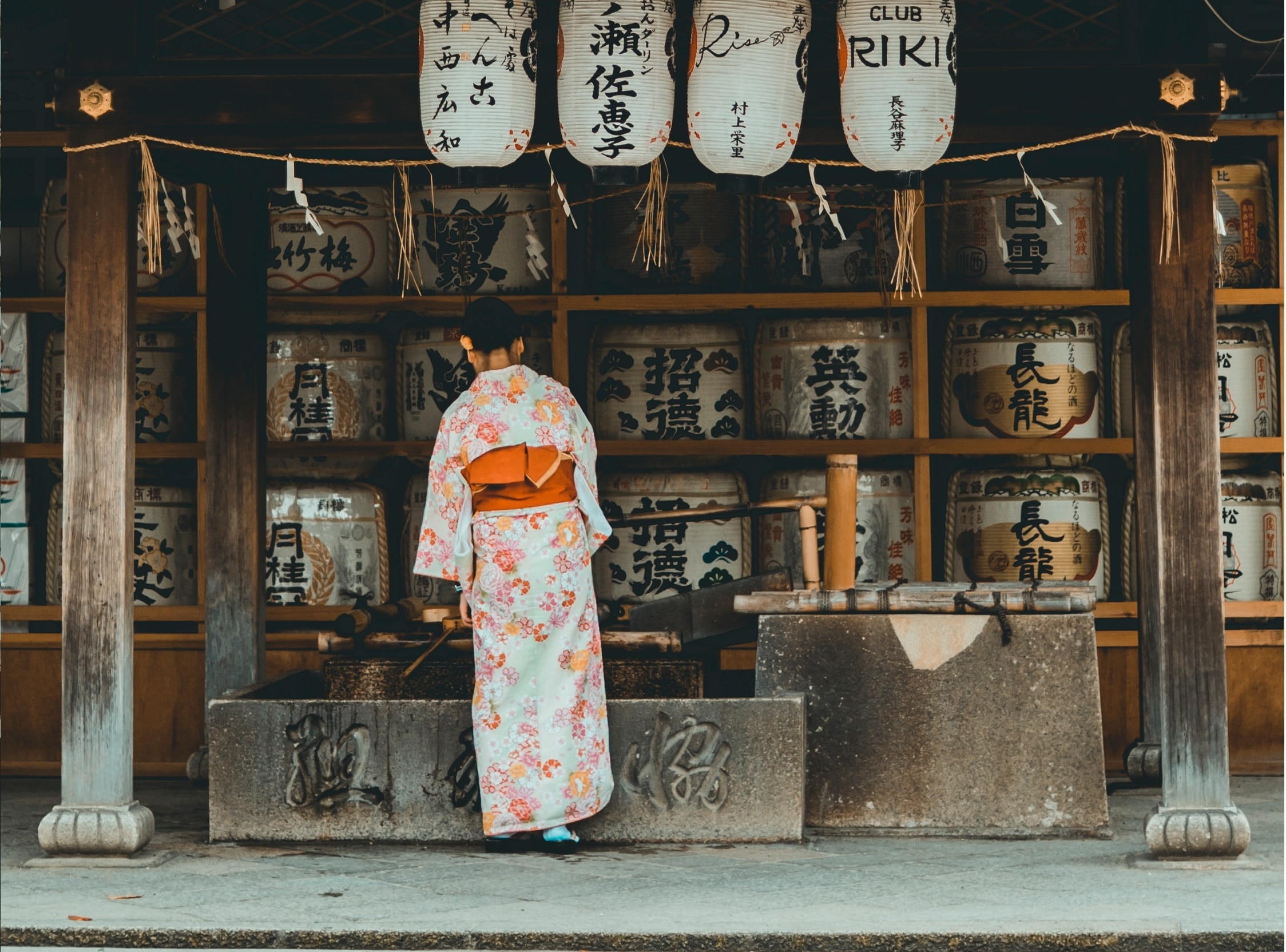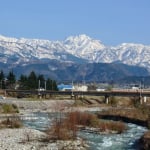Japan is a country where rich cultural heritage meets cutting-edge innovation. However, its unique customs and traditions can sometimes lead to unexpected situations for first-time visitors. To help ensure a smoother experience on your trip, here are ten essential tips to keep in mind.
table of contents
[x] close
10 Things You Should Know Before Traveling to Japan for the First Time
A Little Japanese Will Go a Long Way
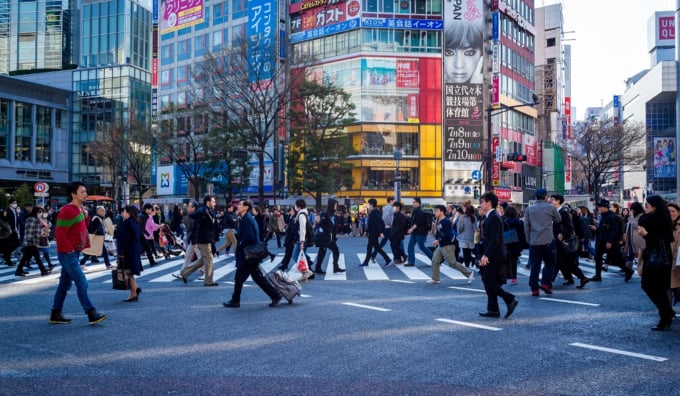
Photo by Cory Schadt/Unsplash
In Japan, Japanese is the primary language, and while some people can speak English, many may feel shy or uncomfortable using it. Learning a few basic Japanese phrases can go a long way in making interactions smoother and helping locals feel more at ease. Fortunately, multi-lingual signage is widespread on trains, buses, and other public services. Additionally, in tourist-heavy areas, restaurants often offer English menus to accommodate international visitors.
Medicine is Probably Not What You're Used to

Photo by Tero Vesalainen/Shutterstock
It’s a good idea to bring your daily medications when traveling to Japan, as some over-the-counter products available in other countries require prescriptions here or may not be available at all. Common medications like painkillers are often sold in lower doses and may even contain additives like caffeine, which some people prefer to avoid. To ensure you have what you need, especially for longer stays, it’s smart to pack enough of your usual medication.
The Rail System Can Be Confusing
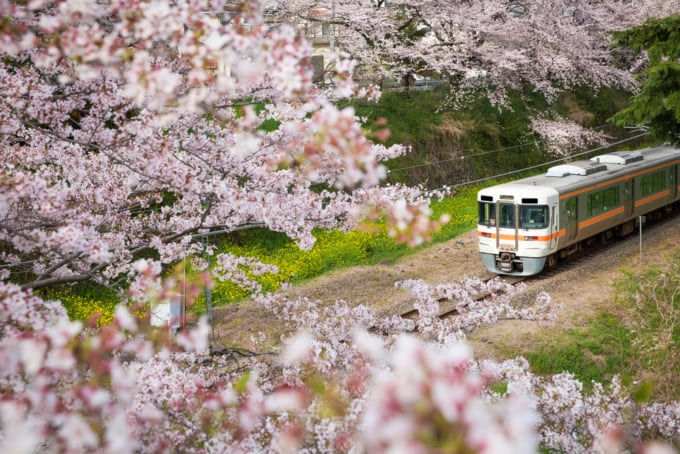
Photo by Sakarin Sawasdinaka/Shutterstock
Japan's extensive railway network efficiently connects the entire country, but navigating the subway lines within cities like Tokyo can be confusing, even for locals. The city’s subway, light rail, tram, and monorail systems can get you almost anywhere, but apps like Google Maps are essential to plan the most efficient route and stay updated on any delays or cancellations.
It's worth noting that JR train stations and subway stations, though often sharing the same name, are not always in the same location and may not be directly connected. When transferring, be mindful of this and, if lost, don't hesitate to ask station staff—they're used to helping out and are happy to assist.
Tourist Spots Are Crowded
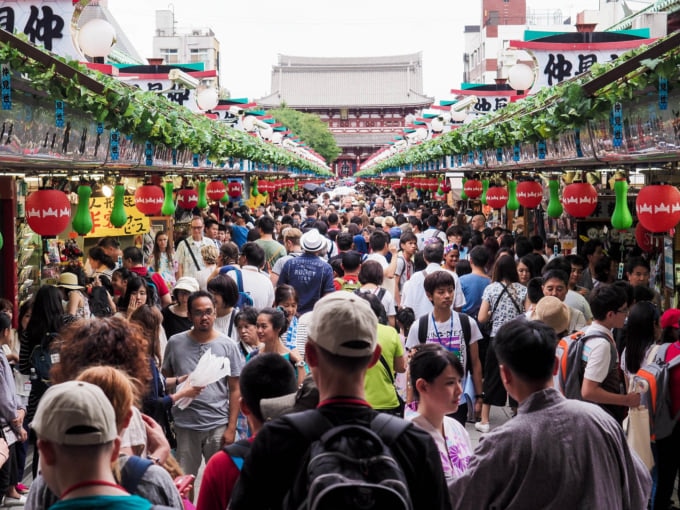
Photo by Sharat Ganapati/Flickr
Major tourist spots, especially in Kyoto, Osaka, and Tokyo, can become extremely crowded. If you're keen on capturing that perfect photo, visiting in the early morning, when the area is less crowded, is your best bet. It's also wise to avoid trains during rush hour, typically around 8:30 a.m. on weekdays in Tokyo.
To escape the tourist crowds, consider visiting lesser-known parks, gardens, museums, and shrines further from the main hotspots. Additionally, avoid traveling during Golden Week (late April to early May) when most of the country is on holiday. During this period, accommodations fill up quickly, and airfare can skyrocket to more than three times the usual price.
Tattoos Can Get You Banned

Photo by Annie Spratt/Unsplash
If you have tattoos, be aware that many onsen, public baths, and water parks in Japan may restrict entry. While some places have relaxed their policies and now allow tattooed guests, a large number still maintain a no-tattoo rule. Although most Japanese people now understand that tattoos are common among foreigners and aren't necessarily tied to gang affiliation, the traditional attitude toward body art remains conservative in many areas. Always check in advance if the facility you're visiting allows tattoos, or look for tattoo-friendly options, which are becoming more common.
Public Toilets Might Take Some Time to Figure Out
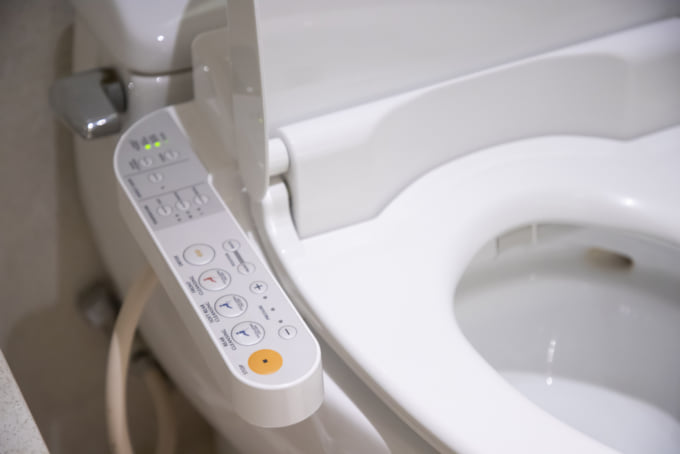
Photo by Ratchat/Shutterstock
Just when you think you've mastered Japanese toilets, you might find yourself crouched in a stall for minutes, trying to figure out how to flush it. Or worse, you wait in line only to realize the stall has a traditional squat toilet instead of a Western-style one. Public restrooms in Japan can feel like an adventure, but as long as you avoid pressing the emergency call button by mistake, you’ll be just fine. Many toilets are equipped with an array of buttons, so take a moment to familiarize yourself with the controls!
Bring Plenty of Cash

Photo by Japanexperterna.se/Flickr
With the Tokyo 2020 Olympics approaching, more vendors are adopting cashless payment options. However, it’s still wise to keep cash on hand, as many shops and restaurants, especially in rural areas, only accept cash. ATMs in Japan often close early, sometimes as early as 6 p.m., but you can typically find 24-hour ATMs in convenience stores. This is a handy option, especially if you're traveling outside of the major cities.
Dietary Restrictions

Photo by Stephanie Frey/Shutterstock
Vegetarian restaurants are increasingly common in Japan's larger cities, but finding meals tailored to specific dietary needs like vegan or halal can still be a bit challenging. Research and preparation are key, as some restaurants don’t accommodate substitutions, while others are more flexible and willing to cater to customer needs. There are also a growing number of apps and websites designed to help travelers locate vegan and halal-friendly dining options, especially in urban areas like Tokyo, Osaka, and Kyoto.
There is No Tipping Culture

Photo by nutcd32/Shutterstock
Tipping at restaurants and hotels is not expected in Japan, and no one will think it's rude if you don't leave one. Instead, some places charge an "otoshi" fee, which comes with a small appetizer, or a table charge without any extras. Fancier restaurants may add a service charge automatically to the bill. While tipping isn't part of the culture, some smaller or newer establishments have begun to embrace the practice, even setting out tip jars on counters. Part-time workers in Japan often earn minimum wage, so they might appreciate the extra gesture if offered.
Earthquakes are a Daily Occurrence

Photo by Lorenzo_Olympus/Shutterstock
Japan experiences frequent earthquakes, with small tremors occurring almost daily. Most are too minor to notice, but larger ones can be alarming. During an earthquake, the safest place to be is under a sturdy piece of furniture, like a desk, to protect yourself from falling debris. It's generally not advised to run outside unless you're in an older, un-reinforced building that doesn't meet modern building codes. Japan's infrastructure is designed to handle earthquakes, but it's always good to know where to seek shelter just in case.
In Conclusion
With these insights in mind, you're well-prepared for an amazing trip to Japan. While the culture may be quite different from what you're used to, don't stress too much about accidentally breaking cultural norms. The Japanese are accustomed to tourists and understand that there are differences in behavior and customs. Enjoy your adventure and immerse yourself in the unique experiences that Japan has to offer.





